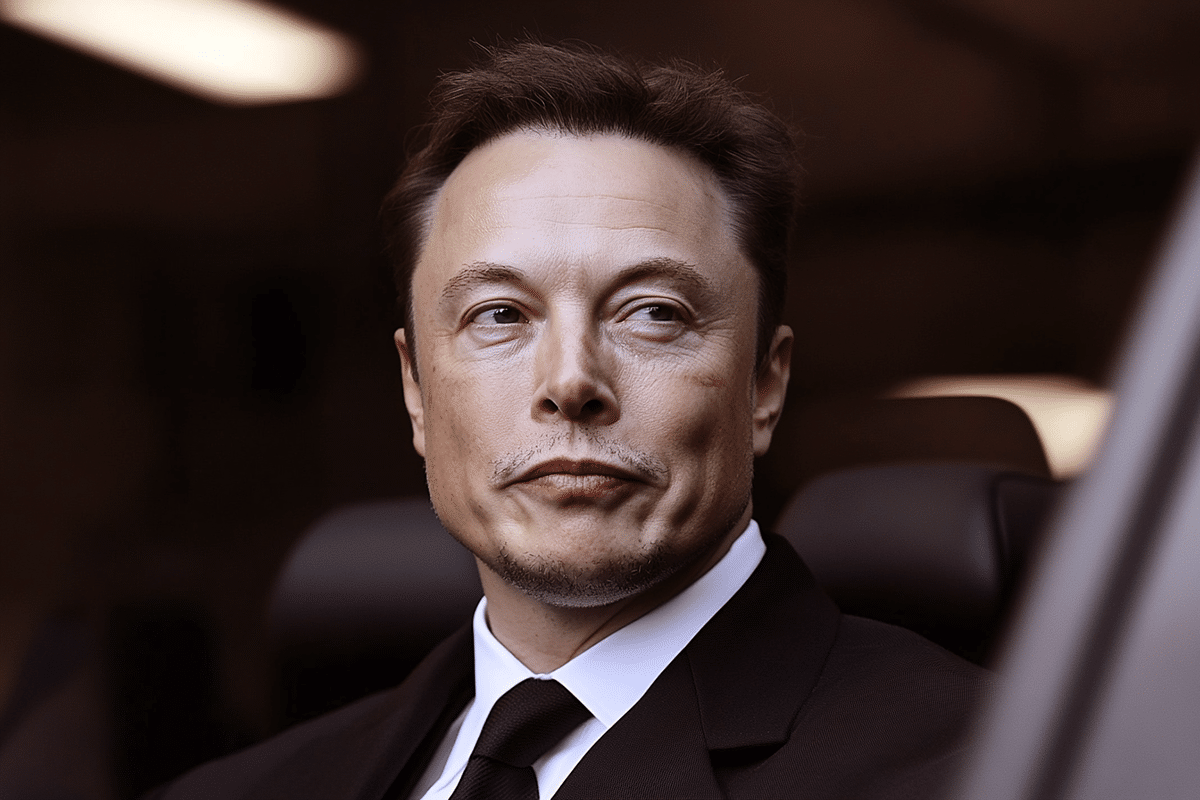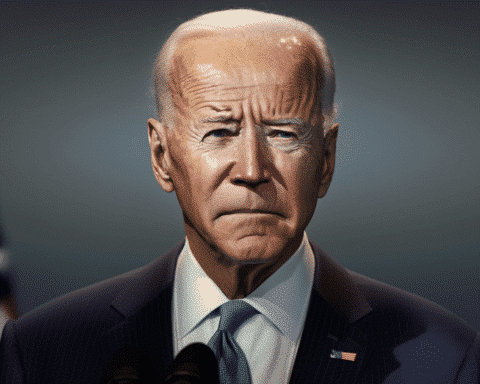In a controversial move on Monday morning, Elon Musk, CEO of X (formerly known as Twitter), deleted a post in which he questioned why former President Donald Trump had faced two assassination attempts in recent months, while President Joe Biden and Vice President Kamala Harris had not. Musk’s post, which briefly stirred intense reactions online, was later explained as a joke, but the incident highlights Musk’s growing involvement in political discussions and the increasing scrutiny around his online behavior.
Musk’s now-deleted post read, “And no one is even trying to assassinate Biden/Kamala,” with a thinking face emoji, sparking widespread debate on the platform. While the billionaire initially resisted numerous calls throughout Sunday night to remove the post, even doubling down in one response by stating that no one had even attempted to harm Biden or Harris, he eventually deleted the message. Musk admitted he was concerned that his intent could be misinterpreted, ultimately deciding to retract the post.
This is not the first time Musk’s online behavior has generated criticism. In response to a photo highlighting that none of Trump’s four immediate predecessors had faced assassination attempts, Musk replied with a thinking face emoji, further fanning the flames of controversy. His response followed several earlier explanations that his original post had been intended as a joke and not a call for violence. However, many questioned the appropriateness of his remarks, given their potentially sensitive nature.
The White House was quick to respond, condemning Musk’s comments. Officials stressed that political violence should never be joked about or encouraged, especially in the current polarized climate. The White House reiterated its stance that all individuals should contribute to fostering peace and preventing further violence, echoing President Biden and Vice President Harris’ recent sentiments on the matter.
The incident has raised questions about whether Musk violated X’s terms of service with his controversial remarks. As the owner of X, Musk has often flouted his platform’s rules with minimal consequences, despite policies that restrict users from promoting or encouraging violent acts. Musk himself denied that he was endorsing violence, but the ambiguity surrounding his comments has only added to the debate.
The Secret Service, tasked with investigating potential threats against high-ranking officials, including jokes made in poor taste, may look into Musk’s post. The agency previously investigated comedian John Mulaney in 2021 for a joke made about Trump on “Saturday Night Live,” drawing parallels to Musk’s current situation. Whether Musk faces any formal repercussions remains unclear.
This latest episode is part of a broader shift in Musk’s political leanings. In July, following an assassination attempt on Trump, Musk publicly endorsed the former president for re-election. He also hosted Trump for an interview on X, solidifying his rightward shift that has become more pronounced over the past few years. Musk has expressed concerns about progressive ideologies, frequently denouncing what he calls the “woke mind virus.” He has warned that the U.S. could face significant challenges if Democrats retain control of the White House.
Musk’s involvement in political discourse has also led him to engage with conspiracy theories. He has shared false claims, such as the unfounded belief that the Biden administration allows undocumented immigrants to vote in U.S. elections. His posts often push or exceed the boundaries of acceptable discourse on social media, using inflammatory language or misleading content to further his points.
For example, Musk has shared AI-generated images of Vice President Harris speaking in front of crowds adorned with communist symbols, feeding into a broader pattern of provocative and exaggerated posts. He has also engaged in public feuds, including one with pop star Taylor Swift, after she endorsed Harris for president. Musk’s response, in which he sarcastically offered to “give [Swift] a child” and protect her cats, was widely criticized as inappropriate and insensitive.
As the owner of X, Musk’s online activity exemplifies the platform’s lack of robust safeguards against potentially harmful content. Despite being in control of the platform’s rules, Musk often flouts them, walking a fine line between political commentary and outright promotion of misinformation or controversy. His influence and behavior raise ongoing concerns about the balance between free speech and responsible use of powerful platforms in an increasingly interconnected world.




